Explore the Best AI Image Gallery

Quantum Creativity: Where Technology Meets Artistic Expression
The intersection of technology and art has always been a fertile ground for innovation. From the Renaissances embrace of perspective to the digital revolutions explosion of new mediums, each era has witnessed the transformative power of technological advancements on creative expression. Today, we stand at the precipice of another such revolution, fueled by the burgeoning field of quantum computing.
Quantum Computing: A Paradigm Shift
Unlike classical computers that rely on bits representing 0 or 1, quantum computers leverage the principles of superposition and entanglement to process information using qubits. This allows them to perform calculations at an unprecedented scale and speed, opening doors to solving complex problems previously deemed intractable.
Creative Applications: Unleashing New Possibilities
- Generative Art and Design: Quantum algorithms can be used to generate novel artistic creations, from intricate patterns and sculptures to immersive virtual experiences. Imagine algorithms that learn from existing art styles and create unique pieces that push the boundaries of imagination.
- Personalized Storytelling: Quantum computing could enable interactive narratives where stories adapt and evolve in real-time based on user choices and emotional responses. This opens up exciting possibilities for personalized storytelling, gaming, and immersive entertainment.
- Music Composition and Performance: Quantum algorithms can analyze musical structures and generate new melodies, harmonies, and rhythms. Imagine AI composers collaborating with human musicians to create groundbreaking musical works.
- Filmmaking and Visual Effects: Quantum computing can accelerate the rendering process for complex visual effects in films and animation, allowing for more realistic and immersive experiences.
Ethical Considerations: Navigating Uncharted Territory
As with any powerful technology, quantum computing raises ethical concerns that need careful consideration:
- Bias and Fairness: Quantum algorithms trained on biased data could perpetuate existing societal inequalities in creative outputs.
- Copyright and Ownership: Who owns the copyright to artworks generated by quantum algorithms? How do we address intellectual property rights in a world where creativity is increasingly driven by machines?
- Access and Equity: Will access to quantum computing be limited to large corporations or institutions, further widening the gap between those who have and those who dont?
Future Trends: The Quantum Creative Frontier
The field of quantum computing is rapidly evolving. We can anticipate:
- Increased Accessibility: Quantum computers will become more accessible to individuals and smaller organizations, democratizing creative possibilities.
- Quantum-Enhanced Creative Tools: Specialized software and platforms will emerge, empowering artists and designers to harness the power of quantum computing for their work.
- Hybrid Creativity: Well see a seamless fusion of human creativity and quantum algorithms, leading to truly innovative and groundbreaking artistic expressions.
Quantum computing is poised to revolutionize the creative industry, unlocking new realms of imagination and pushing the boundaries of artistic expression. As we navigate this uncharted territory, its crucial to engage in thoughtful discussions about the ethical implications and ensure that this transformative technology benefits society as a whole.


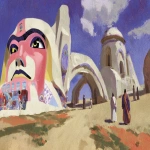

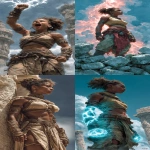
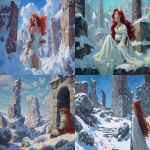

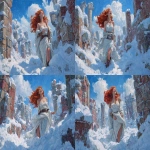
](https://images.ai-img.art/thumbnails/150/39c6bd41a1282b304a06fb11053bd009750b3879060719b1adb959228dbcd41a.webp)


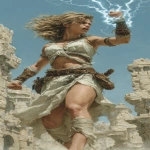
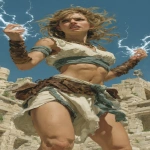

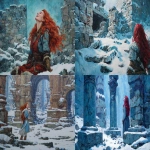
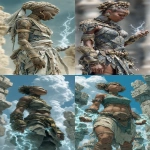
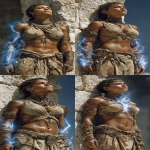
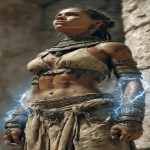
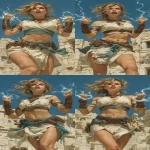
](https://images.ai-img.art/thumbnails/150/bc5b40f43007c984885fc5b035e0fd81d75554a8730895e067565a6b7050524b.webp)

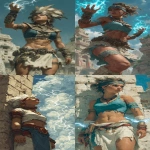




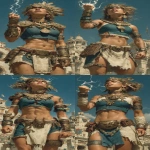


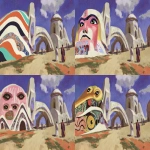
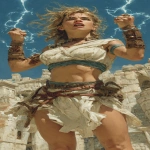
](https://images.ai-img.art/thumbnails/150/8aa2589b60ffe3dde30a265a6cac8d4ae71901c658ca48c4344f21436de413fb.webp)
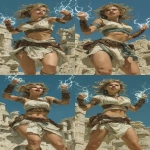
](https://images.ai-img.art/thumbnails/150/33a7122c923d87ba243a3afa0b16a930f1603be27b8ac938ff7f4ae4f5140553.webp)
